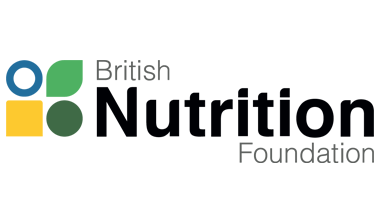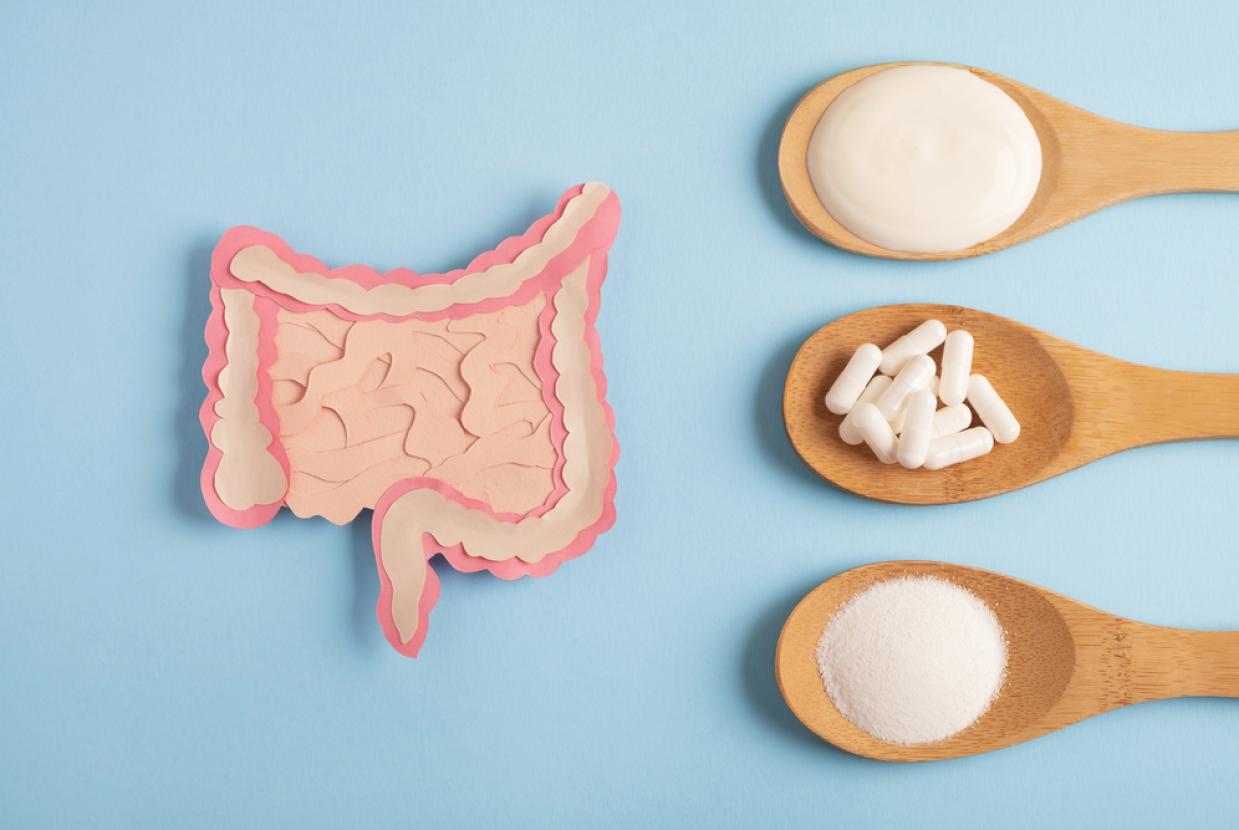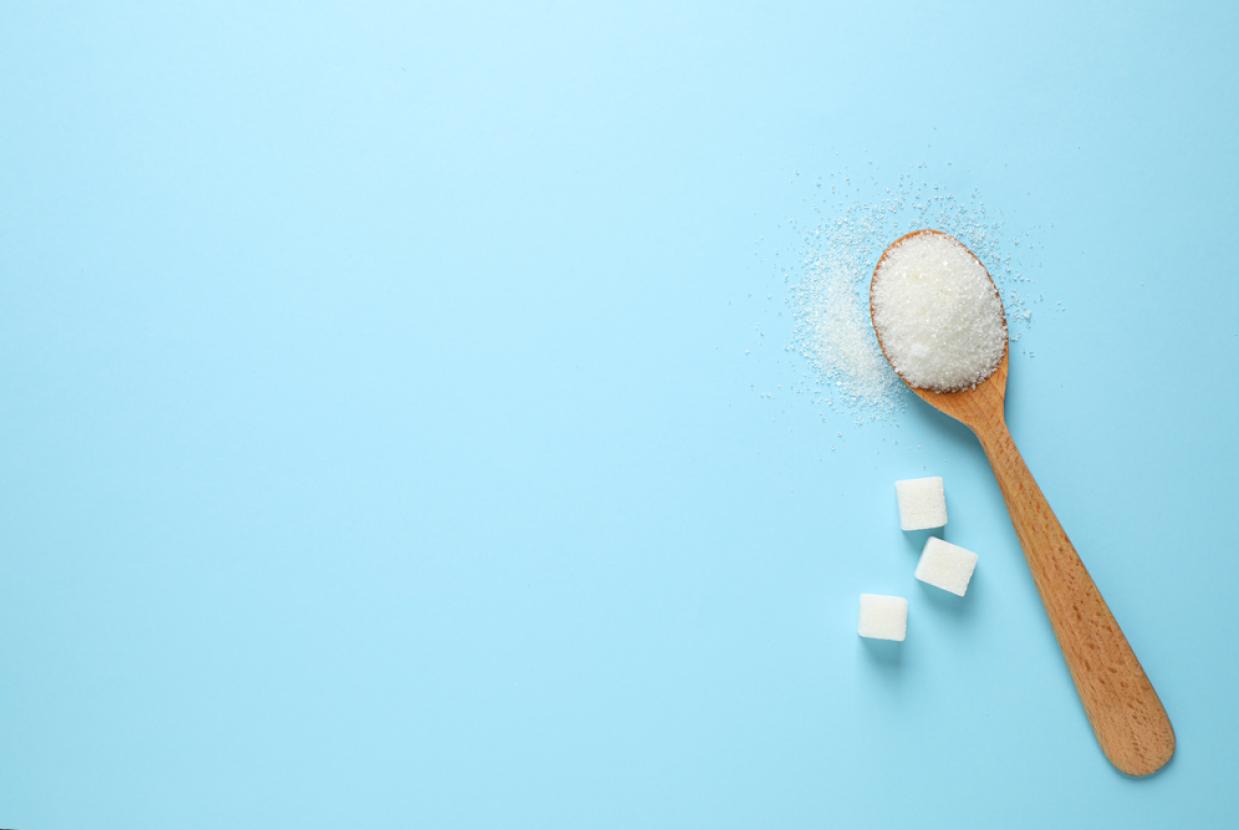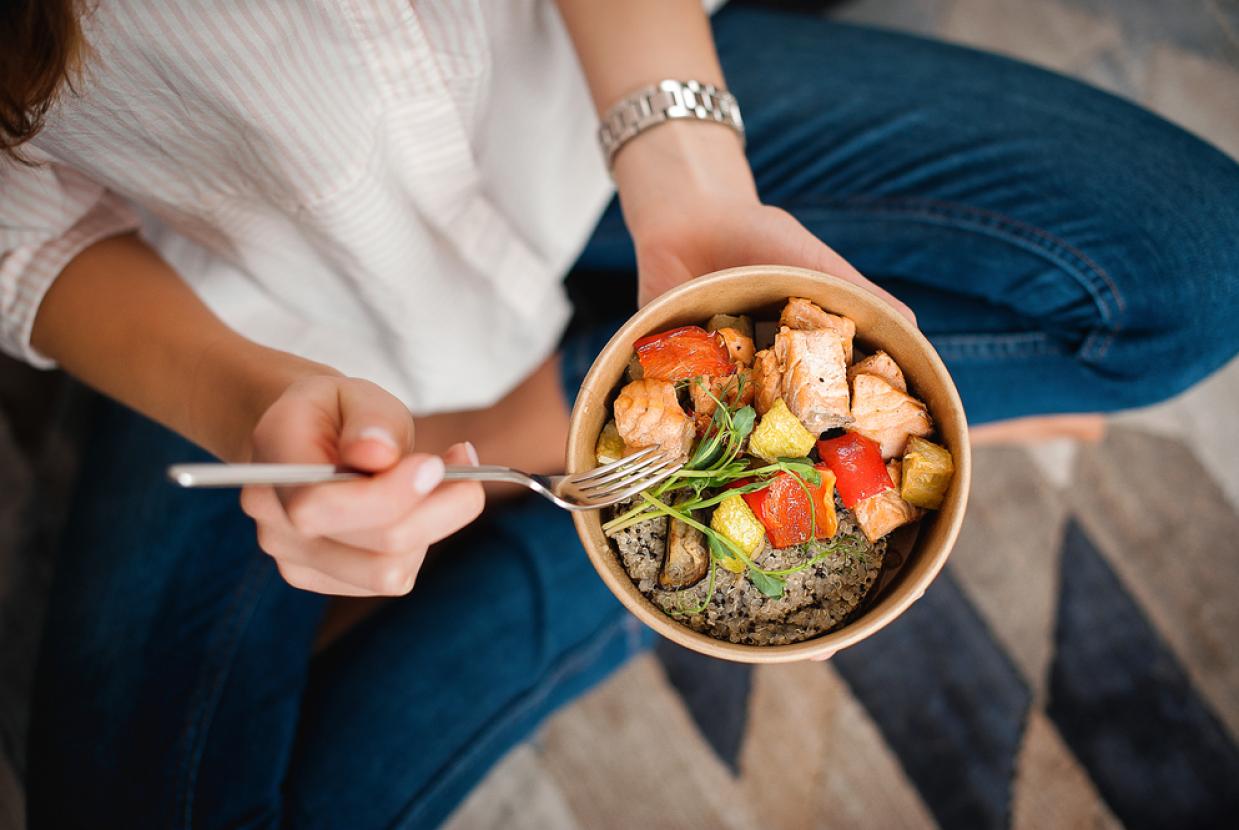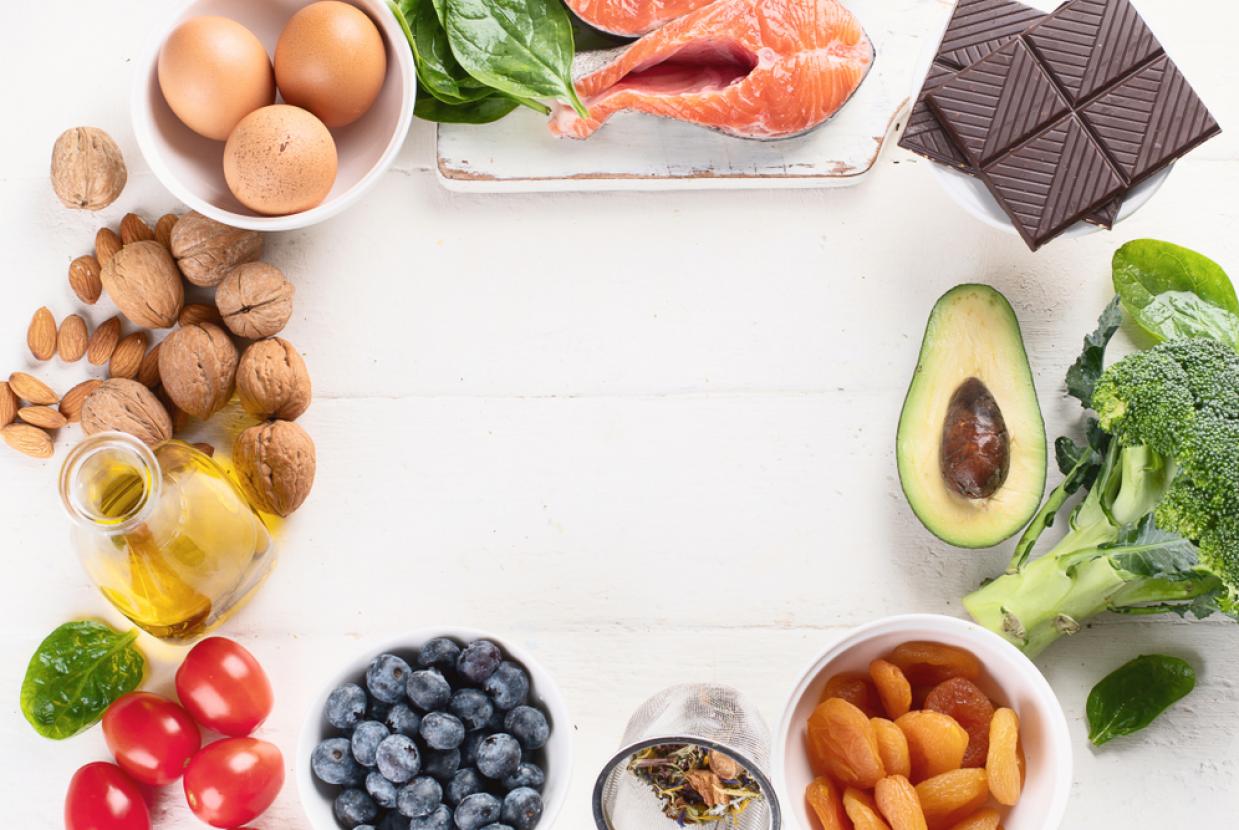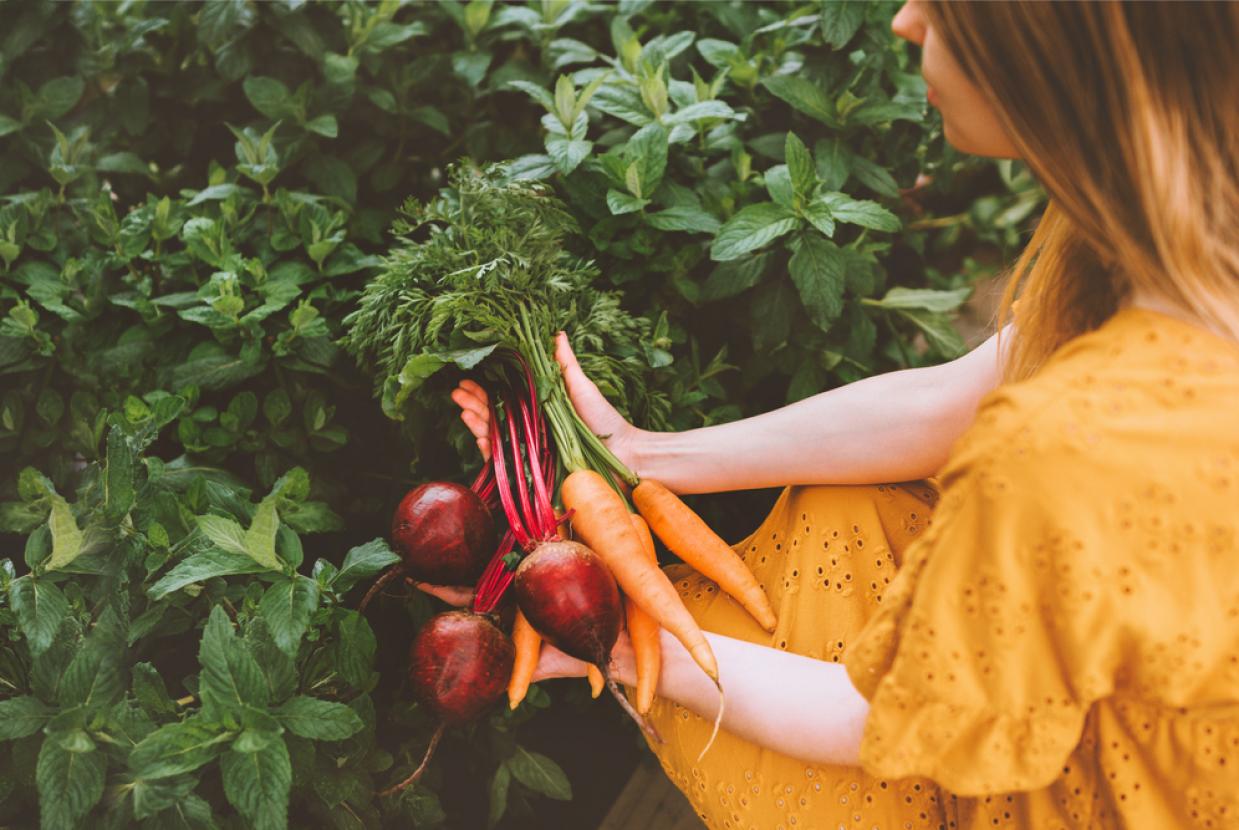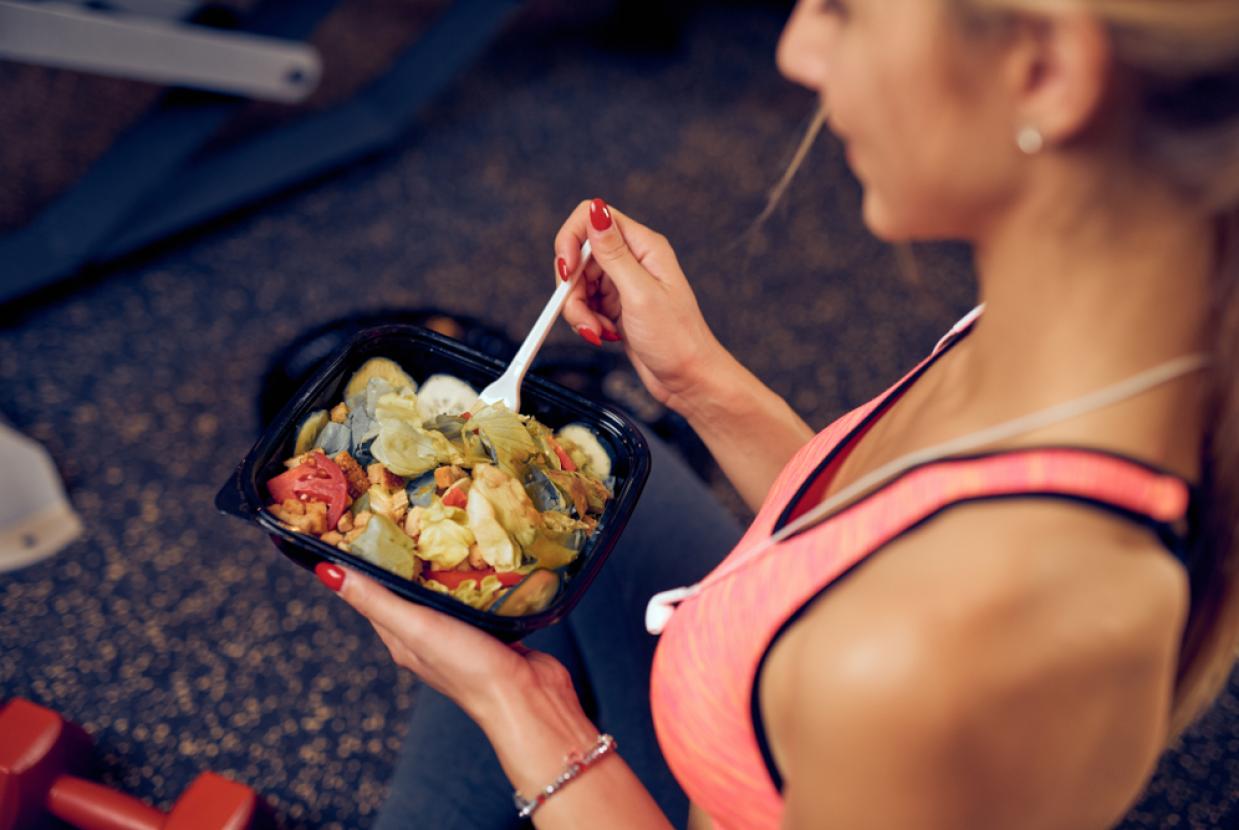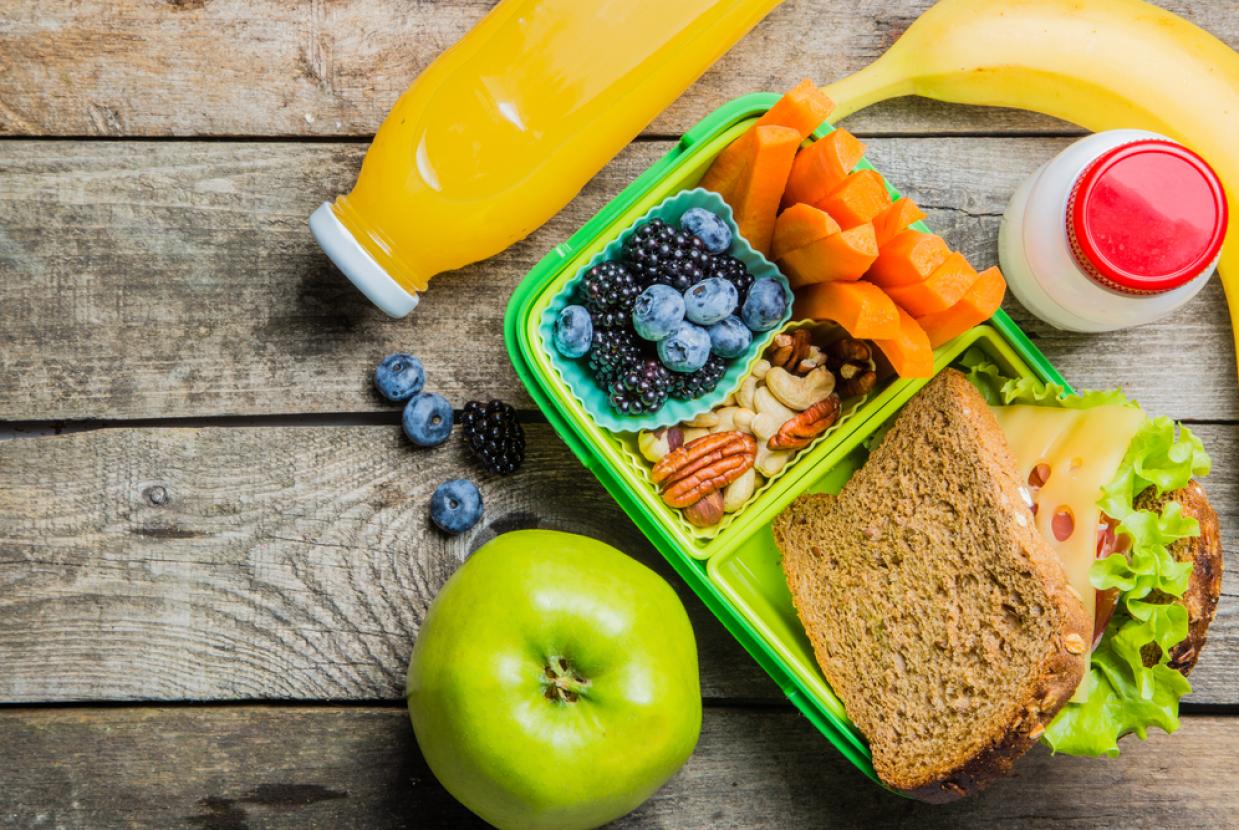Nutrition For Sports & Exercise
Healthy DietWe should all aim to eat a healthy, varied diet based on the principles of the Eatwell Guide, and this is also the case when you are active. When physically active, your body will use up more energy (calories). This can help with weight control or if you are not looking to lose weight, you may find you need more food to replace the extra energy used. It is also important to keep well hydrated.
Eating well for physical activity and sport can have many benefits including:
- allowing you to perform well in your chosen sport or activity
- reducing the risk of injury and illness
- ensuring the best recovery after exercise or a training programme
However, the dietary patterns that will best suit an individual will depend on the amount and intensity of activity. This can range from those who are just starting to get more active, those meeting the activity guidelines (of 150 minutes moderate activity per week), those who are active at higher levels (such as those training for an endurance event such as a marathon or doing organised team sports) or professional athletes. For professional athletes, getting personalised nutrition advice from a qualified sports nutritionist or dietitian is likely to be an important part of their training support.
Physical activity when losing weight
Doing physical activity will increase your energy expenditure (the calories you use), as energy is required during exercise to fuel the contracting muscles, increased breathing and heart rate and metabolism.
It is difficult to lose weight just by getting more active and it is still important to control your calorie intake for weight control. The most effective weight loss programmes include both a controlled diet and increased physical activity. It is also important to be active to keep weight off after weight loss. A study of people in the US who have successfully maintained their weight loss shows that they tend to be active for about an hour a day (usually walking) and spend less time in sedentary activities like watching TV in their free time.
The benefits of physical activity go beyond just burning off calories and can help preserve muscle as you lose weight and increase the proportion of muscle in the body. We also know that physical activity, and spending less time sitting, can reduce your risk of developing several chronic diseases, such as heart disease.
Foods for fuel and exercise
- Carbohydrates
- Protein
- Vegetarian and vegan diets for athletes
- Fat
Carbohydrates
The main role of carbohydrates in physical activity is to provide energy. For athletes, if their diet does not contain enough carbohydrate, it is likely that their performance and recovery will be impaired, as carbohydrate is the key fuel for the brain and for muscles during exercise.
The body can store carbohydrates in the muscles and liver as glycogen and use these stores as a source of fuel for physical activity. These glycogen stores are limited, so for those training at a high level, it is important to be fully fuelled at the start of any exercise. Glycogen is the main source of energy at the start of exercise and during short bursts of exercise. If you are doing high intensity training for long periods and your glycogen stores are not sufficient you may feel tired, lack energy and not be able to perform at your best. So, regular intake of carbohydrate-rich foods can be important in this case to keep stores topped up. The correct food choices can help ensure the body has enough energy for activity, as well as help aid recovery.
Starchy foods are an important source of carbohydrates in our diet. Wholegrain varieties also provide fibre, and a range of vitamins and minerals including B vitamins, iron, calcium and folate. Sugars are also carbohydrates and the amount of ‘free sugars’ (those added to foods and drinks or in fruit juices, honeys and syrups) we consume should be limited.
The amount of carbohydrate you need will depend on the frequency, type, duration and intensity of physical activity you do. Competitive sports people and athletes will likely require more carbohydrates than an average gym user to match the intensity of their activity level.
For athletes and individuals who are recreationally active to a higher level (such as training for a marathon), consuming additional carbohydrate may be beneficial for performance. Athletes can benefit from having some carbohydrate both before and after exercise to ensure adequate carbohydrate at the start of training and to replenish glycogen stores post exercise. In longer duration, high intensity exercise (60-90 minutes or more), such as a football match or a marathon, consuming some carbohydrate during exercise can also improve performance, for example in the form of a sports drink.
Protein
Protein is important in sports performance as it can boost glycogen storage, reduce muscle soreness and promote muscle repair. For those who are active regularly, there may be benefit from consuming a portion of protein at each mealtime and spreading protein intake out throughout the day.
As some high protein foods can also be high in saturated fat, for example fatty meats or higher fat dairy products, it is important to choose lower fat options, such as lean meats. Most vegans get enough protein from their diets, but it is important to consume a variety of plant proteins to ensure enough essential amino acids are included. This is known as the complementary action of proteins.
For strength and endurance athletes, protein requirements are increased to around 1.2-2.0g of protein per kilogram of bodyweight per day. The most recent recommendations for athletes from the American College of Sports Medicine (ACSM) also focus on protein timing, not just total intake, ensuring high quality protein is consumed throughout the day (after key exercise sessions and around every 3–5 hours over multiple meals, depending on requirements). In athletes that are in energy deficit, such as team sport players trying to lose weight gained in the off season, there may be a benefit in consuming protein amounts at the high end, or slightly higher, than the recommendations, to reduce the loss of muscle mass during weight loss.
Vegetarian and vegan diets for athletes
There has been a rise in media interest around the use of vegetarian or vegan diets to improve sporting performance, however, this remains a new area for research and there have only been a few studies that have looked at vegan/vegetarian diets for athletes.
To date, there is no clear evidence to suggest that vegetarian or vegan diets impact performance differently to a mixed diet, although it is important to recognise that whatever the dietary pattern chosen, it is important to follow a diet that is balanced to meet nutrient requirements. More research is needed, to determine whether vegetarian or vegan diets can help athletic performance.
Fat
Fat is essential for the body in small amounts, but it is also high in calories. Consuming too much fat can lead to excess calorie intake which can lead to weight gain over time, so this is a particular concern if you’re trying to control your weight. The type of fat consumed is also important. Studies have shown that replacing saturated fat with unsaturated fat in the diet can reduce blood cholesterol, which can lower the risk of heart disease and stroke. Fat-rich foods usually contain a mixture of saturated and unsaturated fatty acids but choosing foods that contain higher amounts of unsaturated fat and less saturated fat, is preferable as most of us eat too much saturated fat.
How to stay well hydrated
Water is essential for life and hydration is important for health, especially in athletes and those who are physically active, who will likely have higher requirements. Drinking enough fluid is essential for maximising exercise performance and ensuring optimum recovery. Exercising raises body temperature and so the body tries to cool down by sweating. This causes the loss of water and salts through the skin.
The amount an individual sweats varies from person to person and depends on:
- intensity and duration of exercise – longer and higher intensity exercise can cause greater sweat loss.
- environmental temperature – in hot, humid conditions sweat loss can increase.
- clothing – the more clothing that is worn, the quicker you are likely to heat up which may cause greater sweat loss.
- genetics – some people sweat more than others.
Generally, the more a person sweats, the more they will need to drink. Average sweat rates are estimated to be between 0.5–2.0L/hour during exercise.
Supplements
Supplements are one of the most discussed aspects of nutrition for those who are physically active. However, whilst many athletes do supplement their diet, supplements are only a small part of a nutrition programme for training. Athletes are advised to follow a ‘food first’ approach to avoid using supplements that are not needed or could result in nutrient intakes that are too high. For most people who are active, a balanced diet can provide all the energy and nutrients the body needs without the need for supplements.


